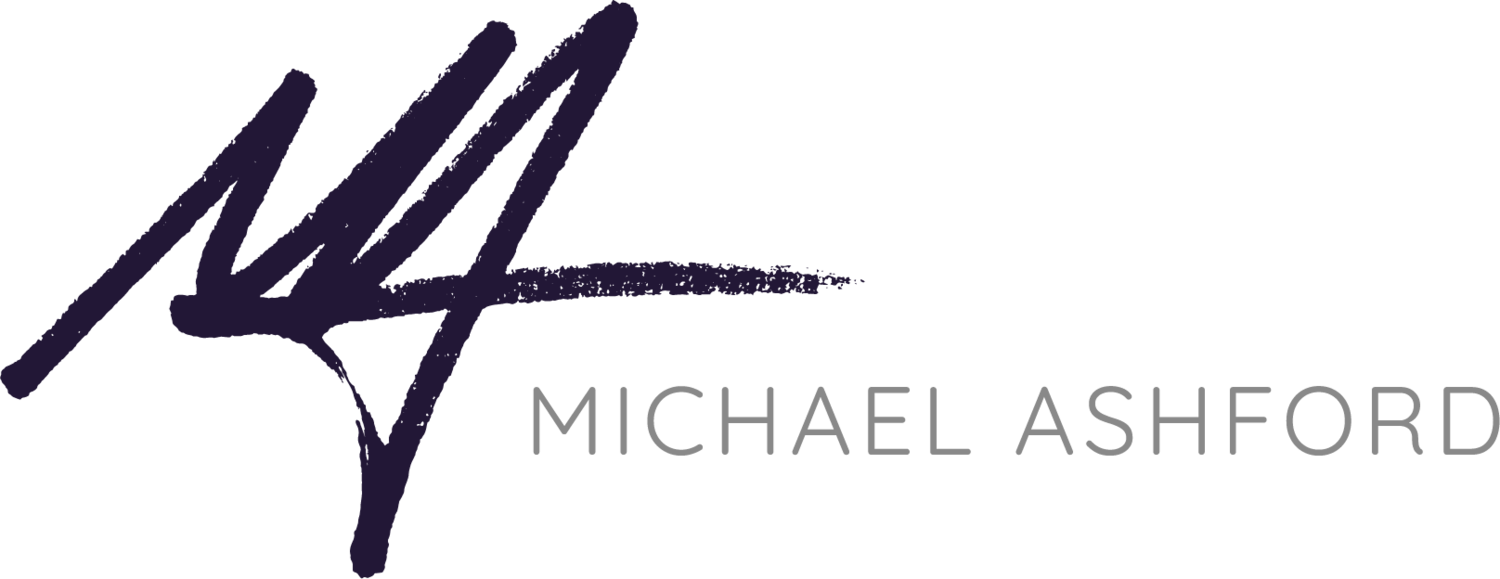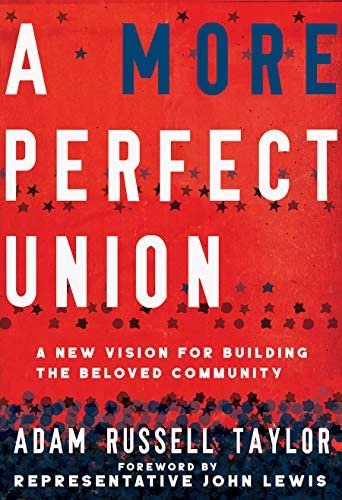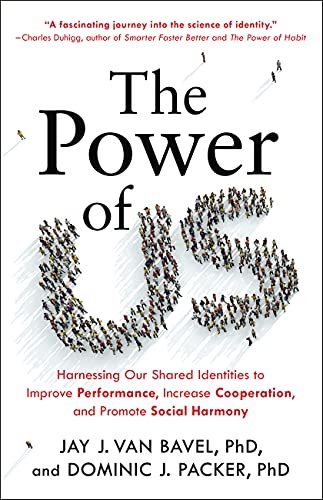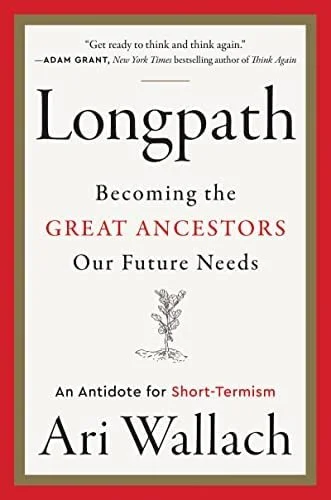The most meaningful things I read in 2022
As 2022 comes to a close, I want to share another group of amazing authors and thinkers who inspired me with their writing this past year, like I did last year.
In my preparation to interview these people on The Follow-Up Question, I read their book with my trusty yellow highlighter in hand. I made note of the passages that inspired me or raised questions for me — many of those questions are the ones you heard me ask on the podcast.
I encourage you to consider each of these snippets and notice your response to each one. What questions come to mind? What emotions are stirred?
Then, go back and listen to the episodes for more context. And if you want to chat about it, just email me back.
Have a safe and happy New Year!
A More Perfect Union: A New Vision For Building The Beloved Community by Adam Russell Taylor
“While telling the whole story about our history can be uncomfortable and painful, it is necessary and ultimately redemptive. Telling the while story is a prerequisite to constructing a more hopeful and unifying shared story that plants and waters the seeds of the Beloved Community.”
Is The Universe On Our Side: Restoring Faith in American Public Life by Bruce Ledewitz
“Questioning is always a small-scale activity. Questioning does not itself apply to the larger scale. Its effects do.”
The Power Of Us: Harnessing Our Shared Identities To Improve Performance, Increase Cooperation, And Promote Social Harmony by Dominic Packer and Jay Van Bavel
“Things can get truly ugly when the loss of any sense of shared identity as citizens combines with a group’s belief in its own righteousness, leading its members to think that playing by the rules is foolish or that the other side must be stopped at all costs.”
I Never Thought Of It That Way: How To Have Fearlessly Curious Conversations In Dangerously Divided Times by Mónica Guzmán
“Fail to notice your assumptions and they might harden into lies. Turn them into questions and they’ll get you closer to the truth.”
God And Race: A Guide For Moving Beyond Black Fists And White Knuckles by Wayne Francis and John Siebeling
“I’m worried that instead of forgiving, we are just trying to forget. I’m worried that instead of facing our pain, we are just screaming and shouting about it. I’m worried that instead of admitting we are wounded, we are just pretending we are woke.”
Monster Of Their Own Making: How The Far Left, The Media, And Politicians Are Creating Far-Right Extremists by Jack Buckby
“It’s time to start talking again ... While it’s unlikely these talks would result in any kind of meaningful agreement on the big political issues of our time, it could go a long way to clarifying political differences, narrowing that perception gap, and encouraging more people to fight back against extremism on both sides.”
How Am I Doing? 40 Conversations To Have With Yourself by Dr. Corey Yeager
“If you go through life without asking questions or taking in feedback, it means you have to think of everything on your own. It means you can never make a mistake (good luck with that). It means if you get new information that's inconsistent with your theory, you have to refute it, discard it, belittle it, and be defensive about it. And it also means you won't grow from that new data.”
Longpath: Becoming The Great Ancestors Our Future Needs by Ari Wallach
“As you connect with others, should you do so verbally, adopt the approach that someone else’s truth is their truth. Your role isn’t to convince them to think exactly the way you do. Your role is to explore the commonality between you and to build on that.”
How to Have Difficult Conversations About Race: Practical Tools For Necessary Change In The Workplace And Beyond by Kwame Christian
“People often conflate conflict with combat, but combat is an altercation where the goal is to inflict more damage than you sustain. If you view conflict as combat, then not only will you be trying to inflict damage in these conversations, but you will also be scared of being hurt. On the other hand, if you see conflict as an opportunity, you’ll be looking for opportunities — which can motivate you to push past your discomfort.”










